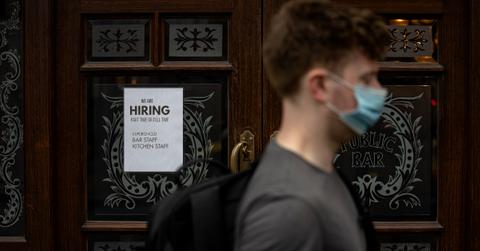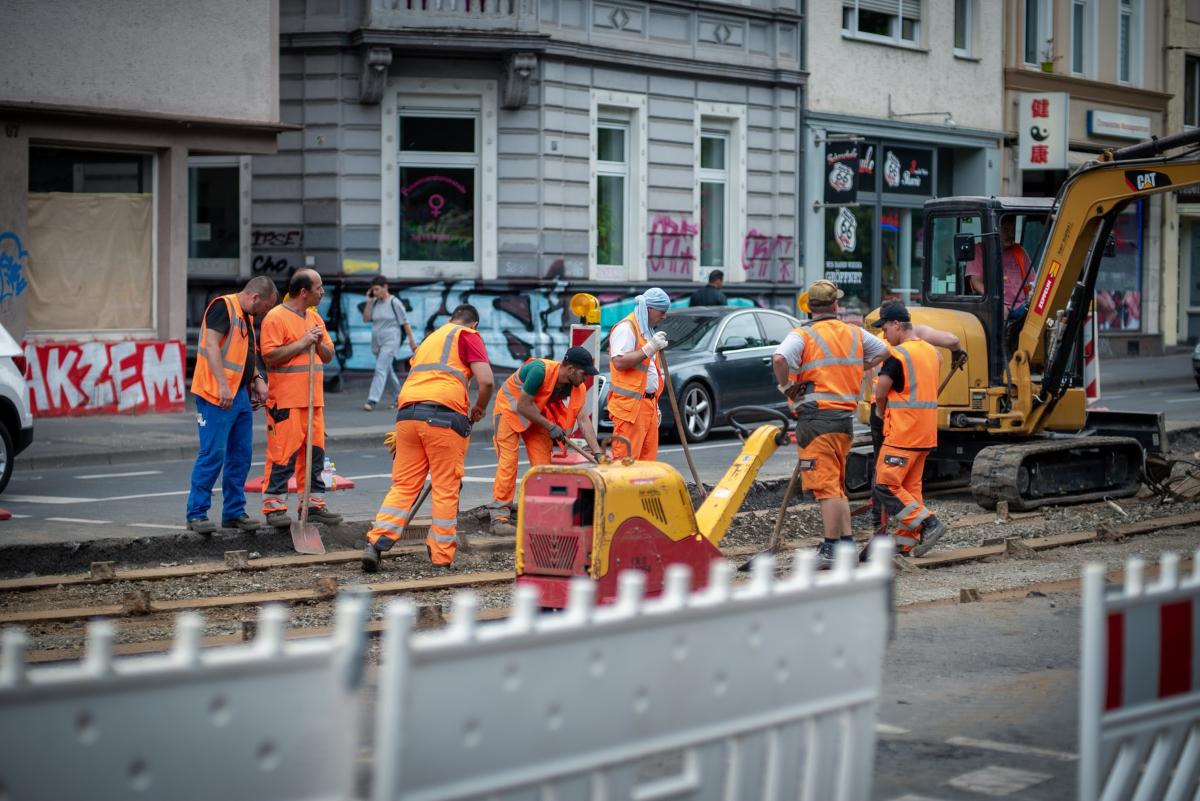U.S. Faces a Labor Shortage, Companies Struggle to Find Workers
Many companies have pointed to the labor shortage in the U.S. and said that they're struggling to find workers. Why is there a labor shortage?
Oct. 8 2021, Published 1:09 p.m. ET
Many U.S. companies have pointed to the labor shortage and said that they're struggling to find workers. For example, FedEx talked about the “bold actions” that it's taking to hire workers including higher weekend wages. Why is there a labor shortage in the U.S. and why are companies struggling to find employees?
The COVID-19 pandemic proved several economists wrong. Goldman Sachs forecast that the U.S. unemployment rate would peak at 25 percent amid the pandemic. However, since Goldman Sachs made the prediction, the unemployment rate has been in a secular decline and was 4.8 percent in September.
Excluding the period since April 2020, the U.S. unemployment rate was last above 5 percent in 2016. Under Trump’s presidency, the unemployment rate continued to fall and hit a low of 3.5 percent before the COVID-19 pandemic.
Why is there a labor shortage in the U.S.?
Many people, especially on the right side of the political divide, blamed the generous unemployment benefits for the labor shortage in the U.S. The argument was that due to the generous payout from the federal government, there wasn’t any incentive for workers to look for jobs. There certainly was some merit in the argument.
While the unemployment benefits have mostly ended, the labor shortage situation has continued. What’s driving the worker shortage now?
We can attribute several factors to the labor shortage in the U.S. Over 700,000 people, many of them working adults, have died during the COVID-19 pandemic. Also, many people, especially the elderly, have been apprehensive about going back to work.
Another aspect to consider is that family members of the deceased might have dropped out of the labor force to cater to changing family needs, especially for elderly family members and children. A lot of working adults might also have pulled their retirement forward.
There's a skill mismatch in the U.S. labor market
Secondly, there's a mismatch in labor market demand and supply. A lot of people who lost their jobs might be looking for a different role. However, they might not have the skillsets for the new jobs. In August, Morgan Stanley listed three reasons for the labor shortage—school closure, skill mismatch, and migration during the COVID-19 pandemic.
The last two reasons look relevant even now, especially the skill mismatch. The economic recovery has been somewhat lopsided and some sectors, including the tourism sector, haven't fully recovered yet.
Some sectors have already rebounded to pre-pandemic levels and even above that in some cases. This has led to a scenario where many of the people looking for jobs don’t have the skillsets for the jobs that they're applying for.
In contrast, the labor market is free and demand-supply driven and people looking for a job have set their expectations higher. This leads to wage inflation.
Is the rise in stock markets and cryptos to blame for the worker shortage?
There could be another reason why it's difficult for companies to find workers. Trading apps like Robinhood saw an increase in new users over the last year. A lot of new traders took to investing in stocks and cryptos over the last year. Thanks to the boom in stocks and cryptos, a lot of traders have made a fortune. In many cases, they earned much more than what a regular job would have paid them.
There's also a possibility that some traders see trading as a better proposition than a regular job. However, that could be a risky proposition. Stocks and cryptos are volatile and susceptible to a crash.
Economic rebound is leading to more demand for workers
The U.S. economy has rebounded sharply. This has meant more demand for workers. Not just labor, there's a shortage of several things from plastics to toilet paper in the U.S.
The labor shortage situation should ease by next year. The Biden administration has been more constructive towards immigration than the Trump administration. Since the demand boost is expected to fade somewhat in 2022, the labor shortage situation should also get better.
For now, we're in a strange situation where U.S. non-farm payrolls have disappointed for two months and only about 194,000 new jobs were added in September. At the same time, employers are scrambling to find employees.



